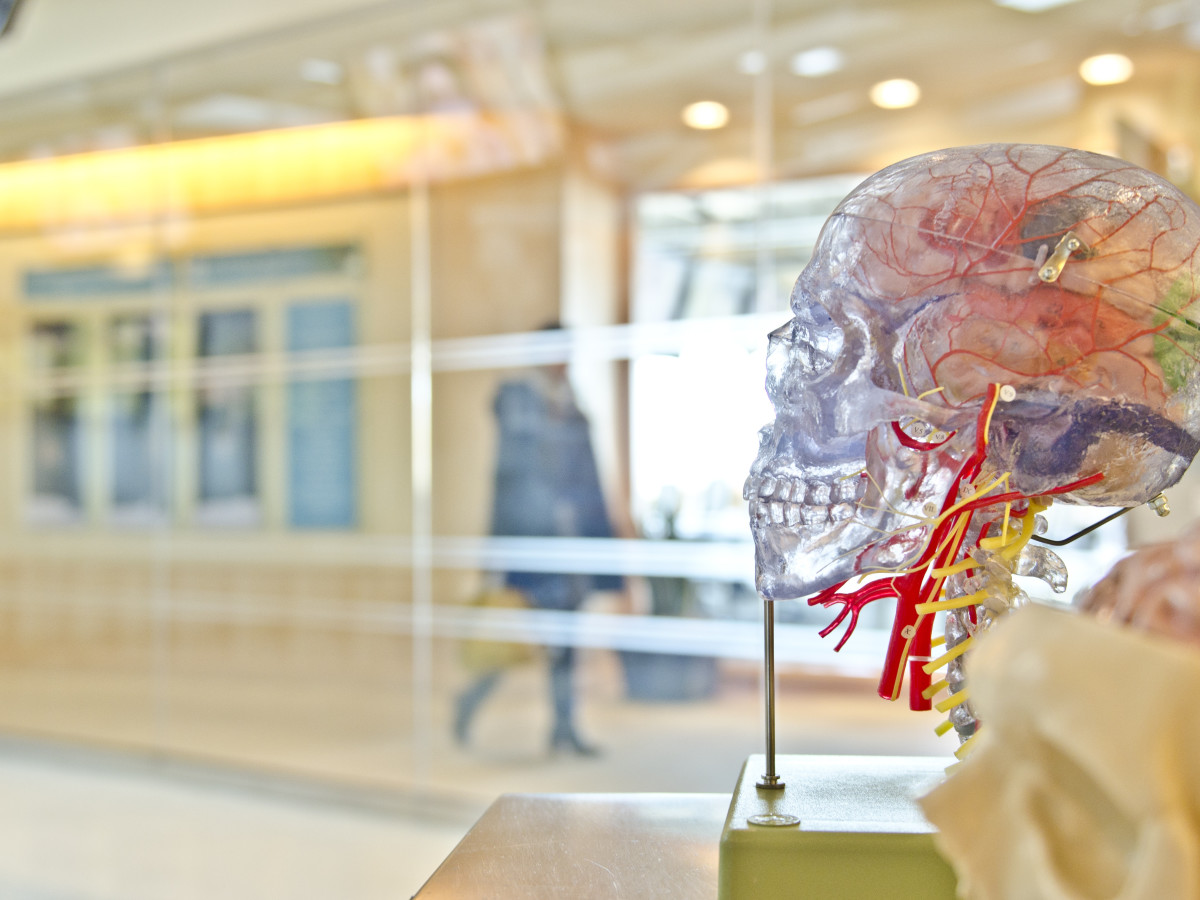
The unicorns of creativity - Part 1
Francesco Marcatto19 May 16
False myths, urban legends and other delusions about creativity and the mind
I bet my 2 cents that you have heard many times claims such as 'we use only a tiny part of our brain', or that people are divided in left and right-brain thinkers. Or even that creativity is a special gift that cannot be controlled, and that extremely creative people are more prone to suffer from insanity.
If you are skeptical about the validity of these popular myths about creativity and our brain, you are completely right! Yes, most of these myths contain a grain of truth - but only a grain. The rest is pure misinformation.
In this article I will distinguish the facts from the rest, and try to explain why they are so popular despite being just delusions.
1. The left hemisphere (of the brain) is logical, the right hemisphere is creative
This is one of the most widespread myths about creativity. There are tons of books, websites and courses depicting the right hemisphere as a young, misunderstood genius, which is normally dominated by its evil twin, the logical and envying left hemisphere. (And of course, with the knowledge provided by these books, websites, courses etc., you will be finally able to stop this domination and unleash the full creativity of your right side. This knowledge usually doesn't come free, but a new life of inner creativity is worth a few bucks, right?)
Yet, it is true that our two hemispheres are somewhat specialised in performing different cognitive tasks: for example the left one is 'more verbal' and relatively better at processing speech, while the right one is relatively better at nonlinguistic tasks involving visuo-spatial processes (Lilienfeld et al., 2010) - this is called 'laterality of function'.
The devil is in the details. That's why I wrote 'relatively better' in italics - twice. It's not that the right hemisphere is not able to handle verbal information, it's just that the left is better and faster, so it tends to handle a verbal task first, and vice-versa with other kind of information.
Moreover, unless you had to undergo brain surgery involving the transection of your corpus callosum (the so-called 'split-brain'), the two hemispheres work together and share information extensively. Indeed, brain imaging research routinely shows that during most cognitive tasks both hemispheres are active and communicate (see for example, Gazzaniga, 1998; Mercer, 2010).
Since we now know that this view of two hemispheres in strong competition is, well, wrong, why it is still so popular and widespread? As the renowned neuropsychologist Sergio Della Sala said in an interview, "We love dichotomies, we believe we understand them, so we tend to subdivide everything into them. It’s a dichotomania – left and right, yin and yang." The small, real differences have become an oversimplified dichotomy 'left = logic and boring, right = creative and original'.
The fault also lies with some pop-psychologists, who embellish the real differences in how our hemispheres actually work whilst simultaneously selling books, seminars and strange gizmos such as brain tuners for 'harmonizing the activity of our hemispheres'. Shame on them - but shame on all of us, who love to think that we would be vastly more creative if only we could get rid of the barriers imposed by a "left hemisphere thinking", endorsed by a rigid and creativity-free school system! So if you don't feel you are creative enough, it's all the fault of your primary school teacher, who forced you to memorize poetry and all those capitals. I wish things were so simple!
2. We use only about 10% of our brain
This one is possibly the most popular of them all: 'We use only 10% of our brain (or our brain power, or our potential, etc), but with some techniques we can unlock our full power'. There was even a 2014 movie ("Lucy", starring Scarlett Johansson) based on this idea. As always, however, when things seem are too good to be true, they usually aren't. (If I had the secret for such as an improvement, I wouldn't sell it for the price of a book - I think I'd rather keep it for myself. On second thoughts, I would sell it - for a lot! Ok, enough jokes, back to the facts...)
We use all of our brain. Think about this: our brain is about 2% of total body weight, but it demands 20% of our metabolic rate. The brain is by far our most energy-consuming organ, so it would be very odd that we waste all that energy just to use a tiny fraction of its power. Evolution does not work this way.
If this is not enough to convince you, there are better proofs: brain imaging research has demonstrated there are no 'useless' or 'unused' areas of the brain, and even trivial tasks require contribution of areas spread through the whole brain (Lilienfeld et al., 2010 ). So, there are no silent areas awaiting to be awakened, sorry!
Since we know that we use all of our brain, where does this myth come from? Tracing back the origin of this myth is not so easy. Some sources claim that this statement has noble origins, attributing it to genius Albert Einstein, no less. However, there is no record of Einstein actually saying or writing something like this.
It's also possible that this myth arises from a misinterpretation of William James, one of the fathers of modern psychology, who wrote "We are making use of only a small part of our possible mental and physical resources" (James, 1907). James, however, was talking about intellectual potential, and never reported a precise percentage.
So, is there something true about this popular claim? Well, it's quite correct to say that we still don't know what many parts of the brain do, but thanks to neuroscience research we are continuously improving our understanding of how the brain works. It is also safe to say that our thinking can be improved: knowing and recognising our cognitive biases can lead to better reasoning and decision making (for those interested in this topic, take a look at Nobel laureate Daniel Kahneman's last book, "Thinking, Fast And Slow", tremendously better than the usual new age/self-help literature nonsense).
The popularity of this myth can be explained by the fact that we all would love to improve our intelligence, memory and creativity without making any effort. Unfortunately there are no such things as brain pills or quick fixes that can unlock secret mental powers (as in the aforementioned movie "Lucy") and still the only thing we can do to improve is training - which is slow, hard, and does not guarantee success. Even if I play chess many hours a day, this does not necessarily makes me a grand master!
Anyway, to take it easy, as suggested by Benjamin Radford from the Skeptical Enquirer; next time someone mentions this myth, you are free to reply “Oh? What part don't you use?”.
Read more false myths, urban legends and other delusions about creativity and the mind:
- The unicorns of creativity - Part 1
- The unicorns of creativity - Part 2
- The unicorns of creativity - Part 3
References
- Gazzaniga, M. S. (1998). The split brain revisited. Scientific American, 279(1), 50-55.
- James, W. (1907). The energies of men. Science, 321-332.
- Lilienfeld, S. O., Lynn, S. J., Ruscio, J., & Beyerstein, B. L. (2011). 50 great myths of popular psychology: Shattering widespread misconceptions about human behavior. John Wiley & Sons.
- Mercer, J. (2010). Child development: Myths and misunderstandings. SAGE Publications.







